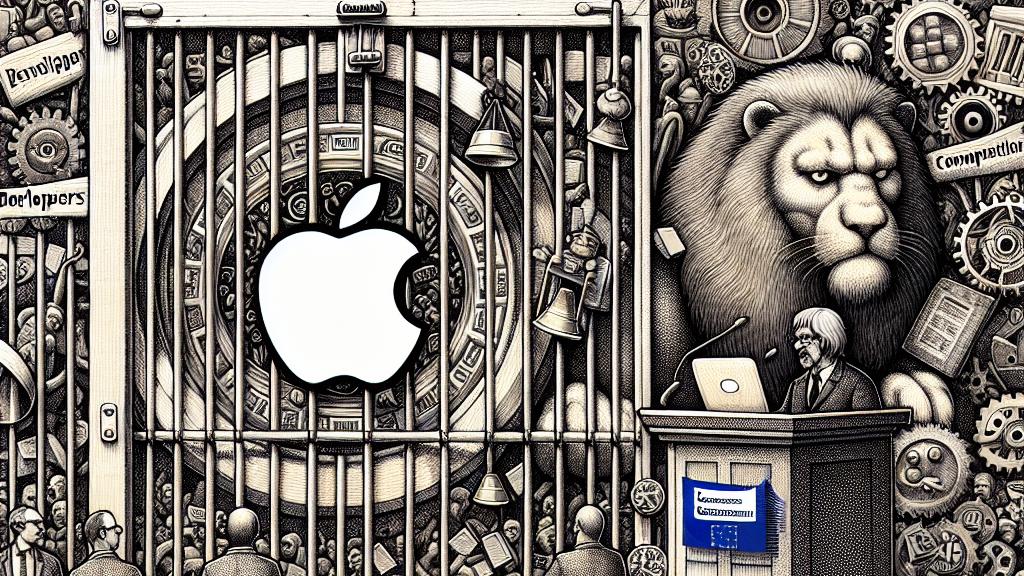EU Concludes Antitrust Investigation into Apple's Ebooks
Overview
- The European Union has officially closed its antitrust investigation into Apple's restrictive practices regarding ebook sales, a notable shift in digital market regulations.
- Primary concerns centered on Apple's rigorous control over ebook and audiobook transactions, which limited developers' abilities to offer alternative purchasing options.
- Despite the investigation's closure, the EU will maintain vigilant oversight of Apple's business practices to ensure fair competition in the digital landscape.

Background of the Investigation
The European Commission, taking a robust stance on competition, kicked off its investigation into Apple back in June 2020. This inquiry arose from significant concerns surrounding Apple's stringent enforcement of in-app purchasing for ebooks, essentially creating a gatekeeping system that stifled competition. Developers were left wondering why they couldn't inform potential customers about cheaper alternatives available outside the App Store. A classic example occurred when indie authors were unable to direct readers to their own websites, where they offered lower-priced options. Such restrictions raised questions about consumer choice and competition within an increasingly digitized reading market, prompting the EU to take action.
Conclusion of the Investigation
On November 22, 2024, the European Commission announced the conclusion of its investigation into Apple's ebook practices, primarily driven by the withdrawal of complaints. However, it's essential to note that this decision doesn’t imply that Apple is off the hook entirely. The Commission was clear in emphasizing that the closure of the investigation does not equate to an endorsement of Apple's practices. Instead, it signaled a continued commitment to maintain oversight under the Digital Markets Act (DMA), which includes enforcing fair practices for tech giants. This act aims to foster a competitive environment by ensuring that companies like Apple cannot favor their own services, thereby promoting innovation and better options for consumers.
The Evolving Ebook Market Landscape
As we transition from the investigation closure, it’s fascinating to observe the ebook market's trajectory. Currently projected to grow from an impressive $17.20 billion in 2024 to an astounding $21.73 billion by 2029, the market is booming. This surge can be attributed to factors such as the ubiquitous presence of smartphones, the convenience of purchasing ebooks at the tap of a finger, and a conscientious push towards sustainability. For example, choosing an ebook instead of a physical book saves approximately 7.5 kg of CO2 emissions, underscoring the environmental benefits of digital reading. Yet, the market is not without challenges; issues like copyright disputes and fair revenue sharing for content creators present ongoing complications. Therefore, as the digital reading landscape continues to evolve, the interplay between regulatory frameworks and company practices will greatly influence how consumers engage with ebooks moving forward.

Loading...